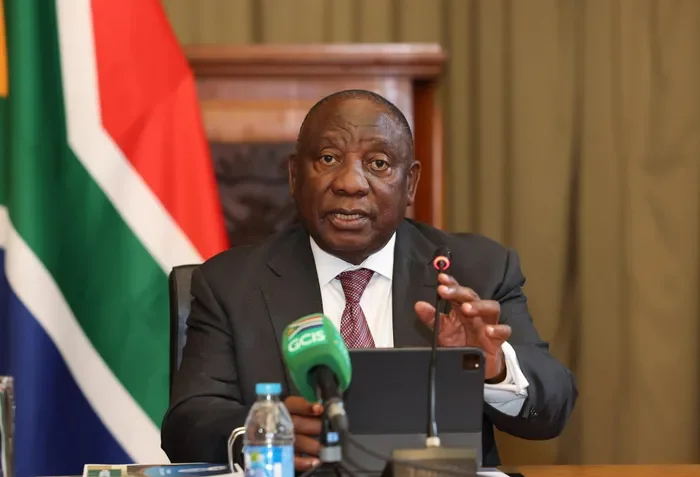On October 20, 2025, South Africa’s Democratic Alliance (DA), the second-largest party and coalition partner, announced plans to replace the Black Economic Empowerment (BEE) laws with a new “Economic Inclusion for All” bill.
The proposed legislation would overhaul the 2024 Public Procurement Act, which prioritizes Black-owned or -managed companies for government contracts.
The DA argues that BEE has failed to uplift most Black South Africans, instead fostering corruption, stifling job growth, and benefiting only a politically connected few.
The party also seeks to eliminate references to Broad-Based Black Economic Empowerment (BBBEE), the African National Congress’s (ANC) cornerstone affirmative action policy, across all laws. This move has reignited debates over addressing the economic scars of apartheid-era white-minority rule.
DA’s Critique of BEE
The DA contends that BEE, intended to boost Black employment and ownership, has fallen short of its goals. Instead of broad empowerment, the policy has enriched a small elite, the party claims, while hindering economic progress and job creation.
“BEE has become a tool for cronyism, not progress,” a DA spokesperson said. The proposed bill aims to create a fairer system, focusing on inclusive growth that benefits all South Africans, regardless of race.
By amending procurement laws, the DA seeks to level the playing field, prioritizing merit and economic impact over racial quotas. The party denies accusations of protecting white interests, insisting its plan addresses systemic flaws to foster widespread prosperity.
ANC and Ramaphosa Respond
The ANC, South Africa’s ruling party, defends BEE as essential for redressing historical inequities. It accuses the DA of undermining transformation efforts to favor white economic dominance. “BEE is about justice, not privilege,” an ANC official stated, rejecting the DA’s proposal as a step backward.
On October 21, President Cyril Ramaphosa dismissed the DA’s plan, reaffirming the government’s commitment to its transformation agenda.
Speaking at a Pretoria event, he emphasized BEE’s role in correcting past injustices, urging unity to advance economic equity. Ramaphosa’s stance highlights the coalition’s tensions, as the ANC and DA navigate their uneasy partnership.
Historical Context
South Africa’s struggle to address apartheid’s legacy remains a divisive issue. BEE, introduced to empower Black citizens through ownership, employment, and skills development, has been a flagship ANC policy since the early 2000s.
Critics, including the DA, argue it has enriched a connected minority while leaving many Black South Africans in poverty. Supporters, however, see it as a vital tool for dismantling entrenched economic disparities.
The debate over BEE reflects broader challenges in balancing redress with economic growth. South Africa’s unemployment rate, hovering above 30%, and persistent inequality fuel the urgency of finding effective solutions.
Public and Political Divide
The DA’s proposal has sparked heated reactions. Social media debates, with hashtags like #BEEDebate, reveal polarized views. Some praise the DA for challenging a flawed system, while others accuse it of ignoring historical injustices. Business groups and civil society are calling for dialogue to bridge the gap.
The coalition government faces strain, as the ANC and DA clash over policy priorities. Ramaphosa’s dismissal signals resistance, but the DA vows to push its bill, citing public support for broader inclusion.
Looking Ahead
The DA’s plan to replace BEE laws marks a pivotal moment in South Africa’s economic policy debate. As the bill moves forward, it will test the coalition’s unity and the nation’s ability to address inequality without deepening divisions. Both sides face pressure to deliver results that benefit all citizens.
South Africans await clarity on how the government will balance transformation with growth. The outcome could reshape economic policy, influencing opportunities for millions. For now, the debate underscores the complex legacy of apartheid and the ongoing quest for a fairer, more prosperous future.
READ ALSO: Kenya and Ethiopia Shine at Amsterdam Marathon 2025




















